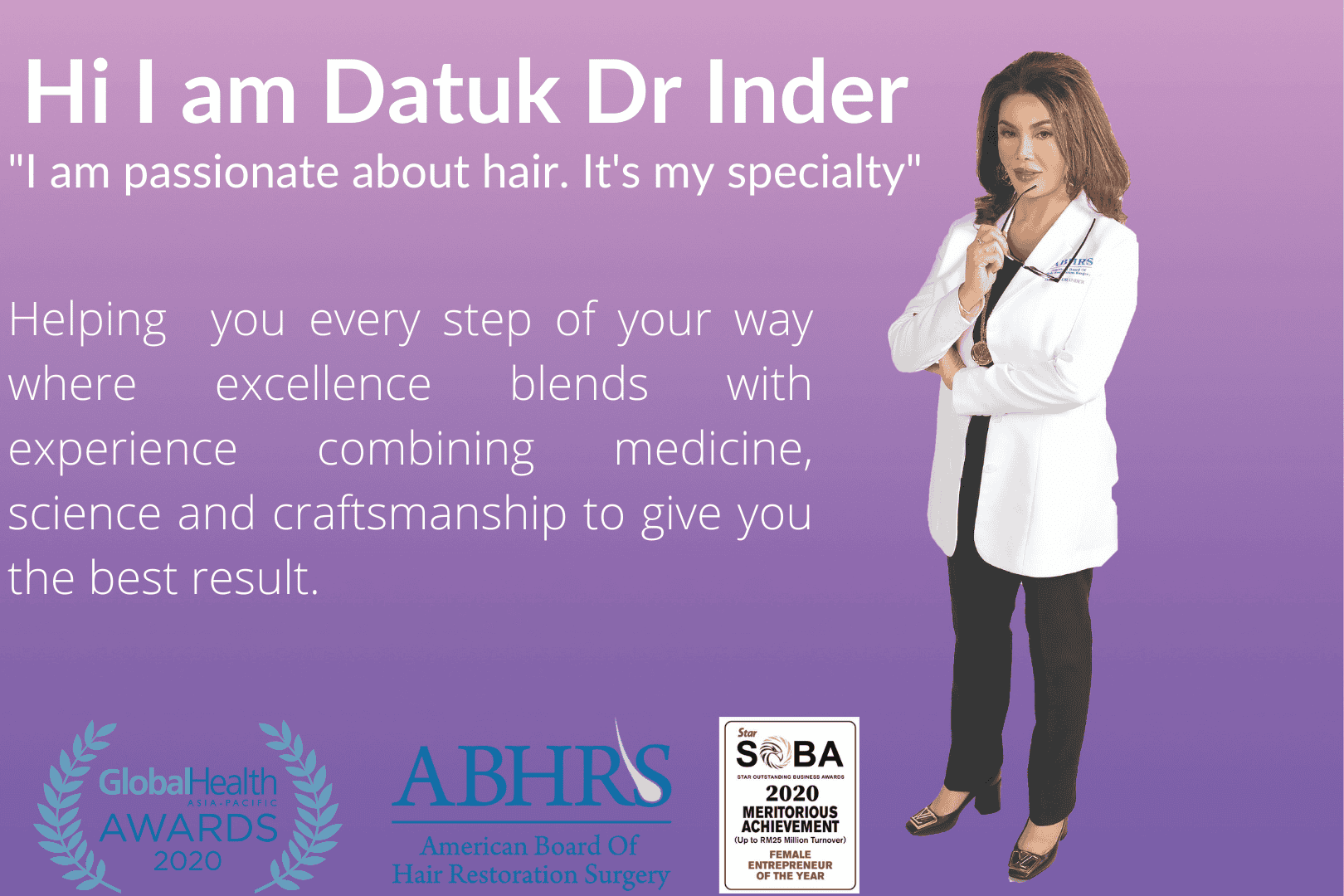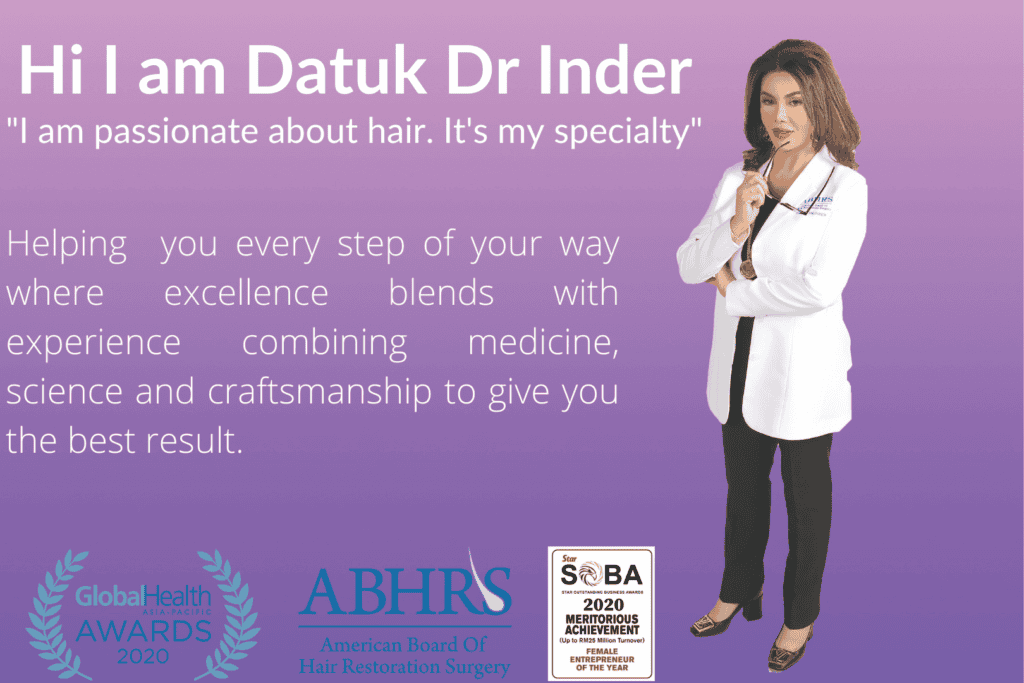Hair Health: 4 Things Your Hair Says About Your Health
Many of us obsess about our hair, whether it’s worrying about a poor hair dye, looking forward to the next time we have our hair done, or debating whether to try out the latest style we saw on a favourite celebrity. Your hair, on the other hand, may be giving away information about your health that you’re not aware of. Changes in the appearance, texture or thickness of one’s hair may indicate underlying health issues, according to studies To determine if your hair changes are related to a health issue, heredity, stress or a nutritional deficiency, these are the steps to take.
Let us call you

Hair Health: It is possible to get grey from stress and genetics.
Studying the hair of mice, researchers found that prolonged stress may cause DNA damage and reduce the availability of pigment-producing cells in hair follicles, which can lead to hair greying. This is consistent with previous research that has shown that stress can cause hair to turn grey over time. Hair loss is another side effect of stress.
Gray hair may be caused by oxidative stress, another sort of stress. Oxidative stress (when cell-damaging free radicals hinder the body’s healing mechanisms) may impair pigment-producing cells.
As you age, your hair follicles generate less pigment, which causes your hair to turn grey. A person’s genetics have a factor in when their hair begins to turn grey, so ask your parents how old they were when they noticed the first signs of silver.
Cushing’s Syndrome may be diagnosed by the presence of brittle hair.
Cushing’s syndrome, a rare disorder in which excess cortisol, the body’s principal stress hormone, causes brittle hair, is one symptom. In addition, Cushing’s syndrome can cause high blood pressure, lethargy, and back discomfort among other symptoms.
In certain cases, glucocorticoids, which are steroids used to treat inflammation in a number of disorders, can be used to treat Cushing’s syndrome by adjusting the dosage. Cortisol overproduction by the adrenal gland may necessitate surgery, chemotherapy, or radiation therapy for some persons.
Hair Health: A Protein Deficiency
In order to maintain and develop healthy hair, you must consume protein (a lack of protein has been linked to hair thinning and loss). People need 0.8 grammes of protein per kilogram. Nonfat Greek yoghurt, tilapia, chickpeas, and chicken breast are all good sources of protein.
Protein digestion might be challenging for those with digestive issues or who have recently undergone gastric bypass surgery. You’ll need your doctor’s aid in dealing with these unique circumstances. Even in women, hair loss is most often a result of heredity.
Hair Health: You Could Have Dandruff If You Have Six White or Yellow Flakes.
Dandruffs are yellow or white flakes that appear in the hair, on the shoulders, and even behind the eyebrows. Over-the-counter shampoos or prescription shampoos may typically address dandruff, which doesn’t always mean you have a significant health issue.
According to the Mayo Clinic, seborrheic dermatitis is a prevalent cause of dandruff. Scabby white or yellow scales can be seen on the skin of those with seborrheic dermatitis. Malassezia, a yeast-like fungus, can irritate the scalp as well. Dandruff can be caused by a lack of washing, sensitivity to hair care products, and dry skin. (Dandruff tends to be worse in the winter because of the drying effects of central heating.)


